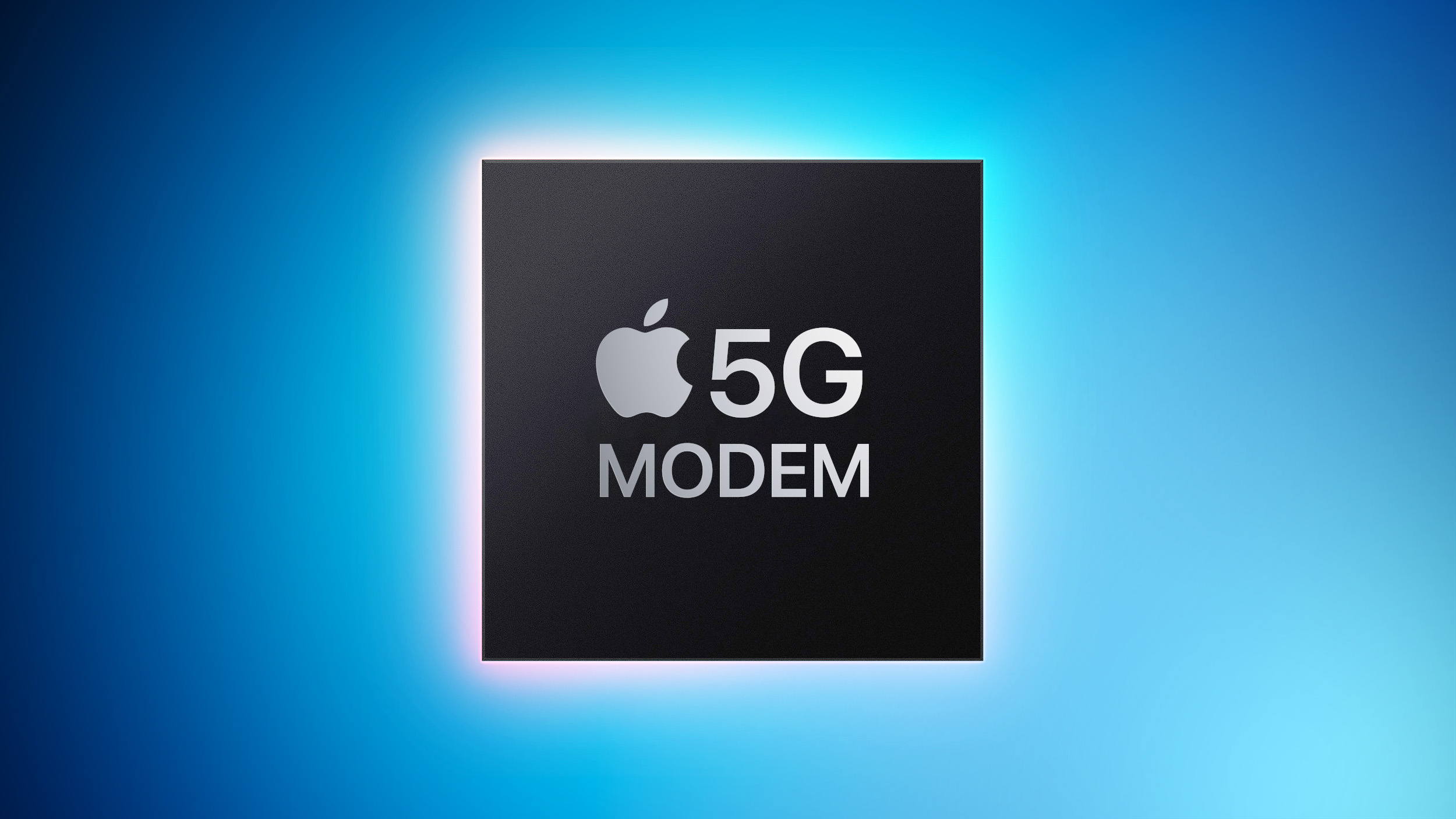
As we wrote about earlier today, Bloomberg's Mark Gurman expects Apple's first 5G modem to debut in a new iPhone SE, an ultra-thin iPhone 17, and low-end iPads in 2025. Towards the end of the report, he also outlined Apple's modem plans for devices launching in 2026 and 2027, and we have summarized that information below.

According to Gurman, Apple's second-generation 5G modem will debut in the iPhone 18 lineup in 2026 and in iPad Pro models by 2027. He said this modem will better compete with Qualcomm's modems in current iPhones by adding support for the ultra-fast 5G standard known as mmWave. Overall, he said the second modem will achieve theoretical download speeds of up to 6 Gbps, compared to up to 4 Gbps for Apple's first modem.
In 2027, he expects Apple to release its third-generation modem. The company is apparently aiming for this modem to top Qualcomm's modems in terms of performance and AI features, although it remains to be seen if it achieves this feat.
Further out, Apple is said to be discussing merging the modem into the iPhone's A-series chip.
All in all, this sounds like a natural progression for Apple following its decision to transition away from Qualcomm modems in iPhones. Apple and Qualcomm have had a rocky relationship over the years, but the two companies extended their modem supply agreement for iPhones through March 2027, so Apple still has plenty of time on its side.
Apple has been rumored to be working on its own 5G modem since 2018, and it acquired Intel's smartphone modem patents in 2019 to bolster this initiative. Starting with the iPhone SE 4 in March, we should finally see the modem in action.
Article Link: Apple's Second 5G Modem for iPhone 18 Pro and iPad Pro Expected to Support mmWave

